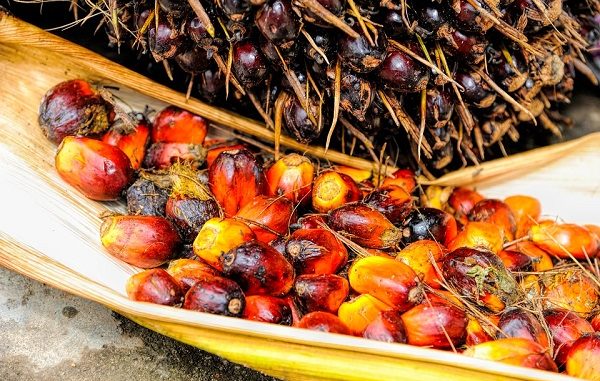
Palm oil is the world’s most used Edible Oils especially in the commercial space due to its cheaper and abundant availability. However Palm Oil Manufacturing is always under the criticism due to the abundant deforestation especially the Rain Forests of Indonesia and Malaysia. Many believe that this is affecting the climate of the world. However the industry does not believe so.
The Palm oil has always been the dear of the kitchen and also in the Commercial segements i.e. the HORECA segment i.e. Bakeries , Hotels, Canteens, Cafetarias, Restaurants, Food Shops including Street food vendors, etc.,
Problems of Palm Oil Industry due to COVID
The Current COVID issue has definitely reduced the commercial consumption of Palm Oil not only in India but worldwide with most of the businesses shut down. But however while large amount of commercial usage is lost, a part of the burden has been picked up by the kitchen segment. The forecast of the industry is that the demand should rise. While Unlock is happening in many countries, the industry is limping to normalcy. In Dubai the Hotels and Restaurants are stricktly following the 60% capacity and businesses and moving upwards slowly. In India though the opportunities are still low, but due to the large take away requirements, the demand for packed consumer goods is still the need.
However since in India, Palm Oil is primarily imported (India imports around 8MMT of Palm oil against 0.3MMT production), due to COVID the supply chain has been affected. However with the steps taken by the government of India in maintaining necessary checks and ensuring none of the imported materials are affected by COVID. However in Malaysia and Indonesia, the Manufacturing of the Oils have had some problems due to labour availability in the lockdown period. However the Shipping has not been affected much
Producing Oil Palm Locally
Whilst India seems to be looking towards locally produced oils as part of the Atmanirbhar Bharat, It is nearly impossible to produce the quantity that it consumes. As of date india requires 23MMT of Oils and is expected to rise to 30MMT which is increase of 30% in another 5 years and India took 5 years to reduce its export dependency from 85% to 70%. So even though the country looks at increasing its Oil seeds productions (India increased its oil seeds production by double during the Kariff season of 2020), it is inevitable that the imports of oils are still necessary. The art of balancing the Localization and Globalization is necessary and the increase has to be gradual. Hence Global partnerships have to be struck during the interim period for mutual benefit.
If India wishes to increase Palm Oil cultivation, then a comprehensive plan has to be created by the Ministry of Agriculture on providing various benefits as part of palm cultivation. The first yield of Palm generally takes 5 years and requires various scientific methods to achieve maximum yield per crop. Hence farmers should be provided all necessary benefits to ensure they have adequate resources to grow palm until it becomes a profitable venture. More over Palm farming has to be done in Groups or as Farmer Produce Associations / Organizations (FPO/FPA), it will be difficult to sustain a small farmer to produce Palm Cultivation in a 5 acre land. Alternatively Corporate Farming should be allowed in palm cultivation with inclusion of Mechanized farming to increase the yield.
The Solvent Extraction Association of India has been demanding the government to declare Palm cultivation as “Plantation Crop”
“Palm Cultivation is an important tool for poverty-eradication program. It is a livelihood and employment providing economic opportunity for agrarian economies and, thereby, a perfect fit for India” says Bhavna Shah.
Global and Environmental Challenges For Palm
While the Palm Industry has always been targeted by the Environmental activists for deforestation, Adding to the Climate Change and the Health Hazards of using Palm oil, the industry believes the other way.
Palm Oil is just one another oil, it is the way of preparation, packaging and offering to the customers that matters. If the prescribed re-usage of palm oil 3 times, it should stop after using it for third time, however the HORECA segment to maximize the profits reuses the oils for more than 10 times. It is the government’s job to crack down the wrong usage of the Oil. Secondly there has not been definitive information on the kind of environmental damage it poses and how it has to be handled.
Note: This article takes its references and comments from the interaction with Bhavna Shah, Country Head at Malaysian Palm Oil Council (MPOC) by teflas.
Come and Participate in the upcoming 24th Anniversary event of GLOBOIL, a much-awaited event in the Edible Oil and Agri Trade Industry which is being held on 30th October 2020 to 1st November 2020 at Taj, Goa. The hybrid event will have both Physical and Virtual Presence. For Event Participation, Tickets and other details